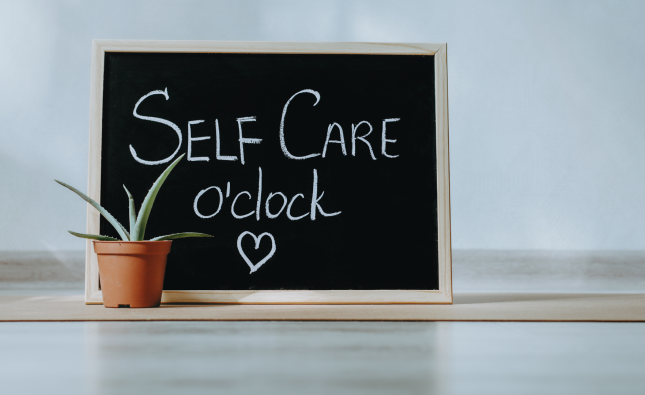
Introduction
Do you find yourself tossing and turning at night, unable to get a good night’s sleep? If so, you’re not alone. Millions of people suffer from insomnia, which can lead to a host of health problems. From weight gain and depression to an increased risk of heart disease and stroke, the consequences of poor sleep are far-reaching. In this blog post, we’ll explore the link between insomnia and poor health outcomes, as well as some tips for getting better shut-eye. So grab your favorite pillow and settle in – it’s time to talk about why those fitful nights could be taking a toll on your overall wellness.
The Link between Insomnia and Poor Health Outcomes
Insomnia is a problem that often goes hand in hand with poor health outcomes. People who suffer from insomnia are more likely to have problems such as obesity, heart disease, anxiety and depression. There is a link between insomnia and a number of different health issues, but scientists aren’t sure why this is the case. Some believe that poor sleep can lead to unhealthy habits and poor eating habits, which can in turn lead to other health problems. Other researchers believe that insomnia may be linked to increased risk for certain diseases because it can make people more prone to stress and anxiety. Regardless of the reason, researchers agree that there is a strong link between insomnia and poor health outcomes. If you are experiencing difficulty sleeping, it is important to speak with your doctor about how best to treat the problem.
Causes of Insomnia
Insomnia is a common sleep disorder, affecting about 50 million people in the United States. It can be caused by a variety of factors, including stress, anxiety, and depression. Poor health outcomes are also often associated with insomnia.
The link between insomnia and poor health outcomes is complex and multidimensional. Insomnia can lead to problems such as weight gain, increased inflammation, and an increased risk for heart disease and stroke. In addition, people with insomnia are more likely to have other chronic health conditions such as diabetes or high blood pressure.
There is not currently a cure for insomnia, but there are treatments that can help improve sleep quality. Some common treatments include Cognitive Behavioral Therapy (CBT), medication therapy, and relaxation techniques.
Insomnia Treatment Options
Insomnia is a sleep disorder characterized by difficulty falling asleep, staying asleep, or managing sleepiness during the day. According to the National Sleep Foundation, insomnia is the most commonly reported sleep disorder in adults and can cause significant interference with daily life.
There are a variety of insomnia treatment options available, including medication therapy, sleep counseling, and hypnosis. Some people find that lifestyle changes, such as avoiding caffeine and stressors before bedtime, help them fall asleep quickly. In some cases, Surgery may be required to correct underlying issues that are causing insomnia.
Conclusion
Insomnia is a common problem, and it can have serious consequences for your health. In this article, we explore the link between insomnia and poor health outcomes, including weight gain, heart disease, stroke, and depression. Insomnia can cause you to miss out on important sleep time that is essential for your overall well-being. If you are struggling with insomnia, be sure to talk to your doctor about what might be causing it and whether there are any treatments available.










